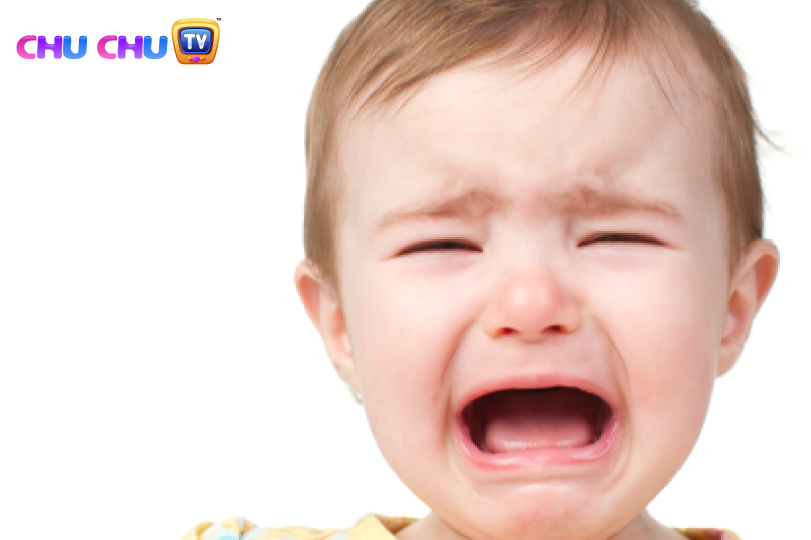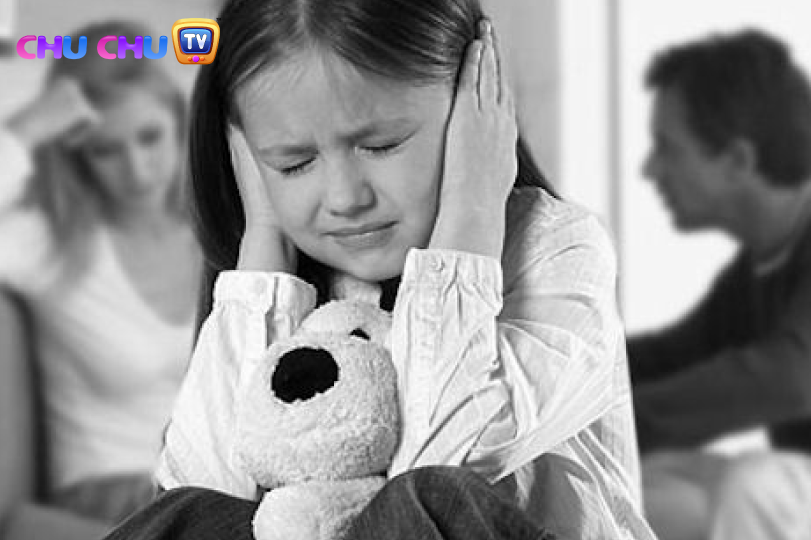All parents enter into the bliss of parenthood with euphemistic notions of rosy parent-child relationships and family bonding. While some of us are aware of what constitutes a healthy relationship, be it with a child or an adult, many of us are clueless of the subconscious patterns of control, abuse, and dysfunction that exist in families around us, sometimes, even our own.
As much as it is important to make sure our child is eating healthy, achieving developmental milestones, it is also imperative as parents to be aware of negative patterns we may subconsciously foster on our relationships with our children. This awareness will also lend us valuable empathy towards others around us who may be battling such situations with their children in their lives. So here are some factors that play a part in affecting the crucial relationship between parents and children.
1. Attachment hunger
Emotional hunger in the later stages of life has its roots in childhood where a child is deprived of strong emotional connection at a young age. Parents with attachment issues end up controlling their kids in inconsistent ways leading to confusion in their little minds that later manifests as attachment hunger in their adult relationships.
It is very important for you to be consistent, firm and sometimes assertive in your interaction with your child. Sending mixed signals is a sure way to confuse your child into a state of apprehension that hampers their emotional development to a very large extent.
2. Quality vs. quantity
Whether you and your partner both work or one of you is a stay-at-home parent, it is important to make sure that the quality of interaction that you have with your child is enriching as well as nurturing.
Situations, where a parent tries to assuage their guilt of not spending enough time with their child by giving in to the child’s demands creates a guilt-ridden pattern of giving and take in the relationship. Similarly, when a parent spends too much time at home, they tend to feel exhausted from the relentless caregiving and end up angry or irritable with the child frequently.
Regardless of your situation, it is important to make sure that you send consistent messages to your child through your actions on what is or isn’t permissible and not change it based on other factors like parental fatigue or guilt
3. Conflict in the surroundings
Something that is bound to affect the closeness between you and your child is the amount of conflict that is prevalent in their surroundings. Bitter relationships with relatives in joint families, poverty, or instability in terms of a political scenario are bound to have effects on your child and thereby their relationship with you.
Not having a nurturing and supportive relationship with your partner can lead to your child feeling emotionally scarred due to frequent fights and emotional battles that they’re exposed to. However, adversity usually has two outcomes. Either it brings people closer or drives them apart.
While it is impossible to do away with conflicts, it is possible to avoid the emotional distress that they’re likely to cause your child by allowing your child to watch you solve these conflicts in a respectful manner, while keeping communication channels open. Over a period of time, this transparency in communicating and discussing conflicts will strengthen the bond that you have with your child.
4. Health of parent
The physical and mental health of a parent plays a huge role in how the parent-child relationship pans out in the long run. A parent battling a debilitating physical illness or a parent with postpartum depression tends to have a negative effect on the parent-child relationship.
However, trying to maintain normalcy as much as possible, even in the face of illness or trauma will help provide stability to your child in the short term. Open discussion about the same will help your child develop positive role modeling in handling such situations themselves and increase their respect for you as a parent.
5. Developmental delays in the child
Developmental delays in a child tend to create stress between the parent-child relationships. Some delays involve stressful solutions that may end up with the child resenting the wishes of the parent.
However, it is up to you to tide over such things by being as supportive and strong as possible. Many developmental delays even out over time and it takes courage, patience, and grit to remain calm in the face of such delays. However, the rich reward for the same is a sense of pride and closeness that develops between you and your child which makes it worth the pain.
6. Involvement of the father
The involvement of both parents is known to produce positive outcomes in the children’s relationship with their parents in the long run. It also has a positive effect on the emotional and physical well-being of the child as well as better academic performances later in life. Fathers who are involved in the early stages of dealing with children’s needs end up enjoying a certain closeness that extends into adult life.
While some of the factors listed above are beyond your control as a parent, there are some that you can work on as individuals to evade any negative effects they may have on the closeness that you enjoy with your children.
Even though some factors may be beyond your control, the awareness that it could potentially cause a rift between you and your child will goad you to find solutions to minimize conflicts. It is also important to remember that children learn a lot from observing us than by what we tell them to do.
We advise you to view all these upheavals with a long-term perspective and take decisions that have a consistent approach to resolving the problem in the long run instead of resorting to quick fixes that will only end up sending mixed signals to your child.
















We understand your situation @Jean, thanks for sharing it with us 🙂
These articles will give you ways to deal with the issue effectively,
http://chuchutv.com/blog/encourage-child-physically/
http://chuchutv.com/blog/positive-way-to-deal-with-kids-anger/
Also, subscribe and stay tuned to blog http://chuchutv.com/blog and youtube channel https://www.youtube.com/user/TheChuChuTV for more useful ideas and updates:)